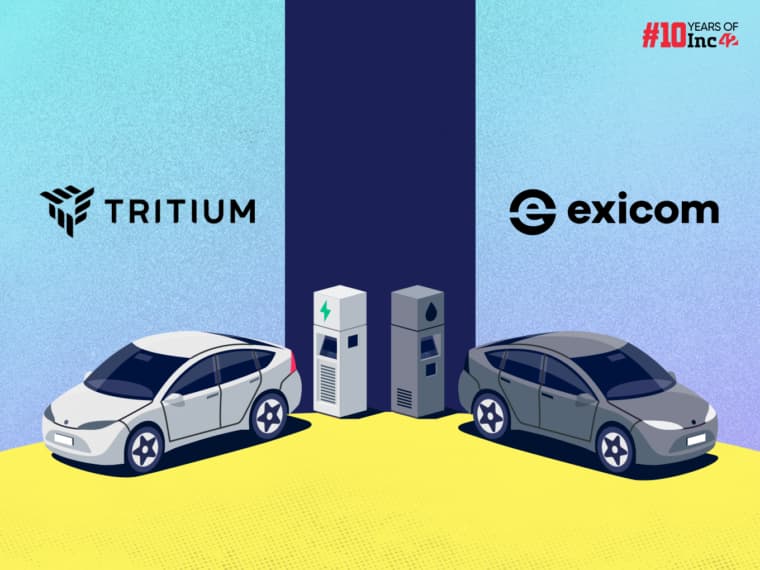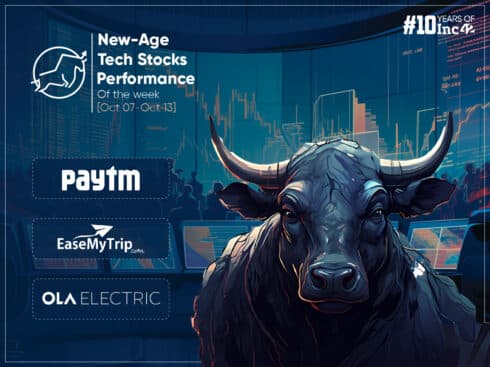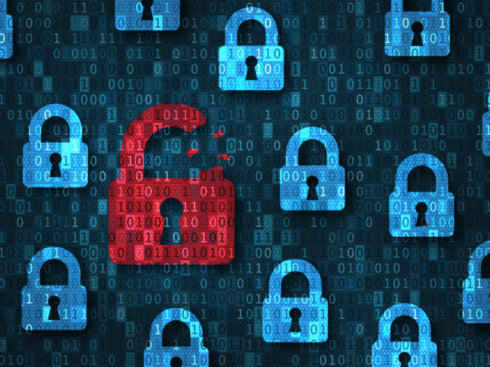
Exicom acquired Tritium for $37 Mn to expand its global footprint and boost adoption of EV infrastructure
The acquisition includes Tritium’s manufacturing facility in Tennessee, US, and its engineering centre in Brisbane in Australia
Exicom is a Gurugram-based company offering solutions in critical power and EV charging along with providing sustainable energy storage solutions by leveraging advanced lithium-ion technology.
Electric vehicle charging and critical power solutions provider Exicom has bought Murarrie-based DC fast charger maker Tritium for $37 Mn (around INR 310 Cr) to expand its global footprint and boost adoption of EV infrastructure.
Exicom said that the buyout will help fuel its research and development to drive innovation in the EV space and serve different use cases globally.
It is pertinent to note that the acquisition includes Tritium’s manufacturing facility in Tennessee, US, as well as its engineering centre in Brisbane in Australia.
The company made this announcement in August without disclosing the deal size back then.
Currently, Exicom claims to offer EV charging and energy storage solutions across 15 countries, majorly in Africa, Middle East and Asia.
“Exicom and Tritium have a complementary sales and product footprint and have each established leadership in their respective regions. We look forward to working with Tritium’s employees, customers, partners and other stakeholders to grow the business further and provide faster, more reliable charging experiences to EV users across the globe,” said Exicom’s chief executive officer Anant Nahata.
Founded in 2001, Tritium designs and manufactures patented hardware and software to create DC fast chargers for electric vehicles. The Australia-headquartered company claims to have sold more than 13,000 chargers across 47 countries.
On the other hand, founded in 1994, Exicom is a Gurugram-based company offering solutions in critical power and EV charging along with providing sustainable energy storage solutions by leveraging advanced lithium-ion technology.
It is pertinent to note that, in March, Exicom turned into a publicly listed company on the National Stock Exchange (NSE).
The development comes at a time when the central government is actively working on expanding EV adoption in the country.
Last month, the Centre launched PM Electric Drive Revolution in Innovative Vehicle Enhancement (PM E-DRIVE) Scheme which will have an outlay of INR 10,900 Cr for a period of two years. The scheme will replace the FAME scheme.
Under this initiative, the government is looking to deploy 72,300 public charging stations via allocation of INR 2,000 Cr. Out of this, 48,400 charging stations will be devoted to two and three-wheelers and 18,000 for EV buses.































 Ad-lite browsing experience
Ad-lite browsing experience